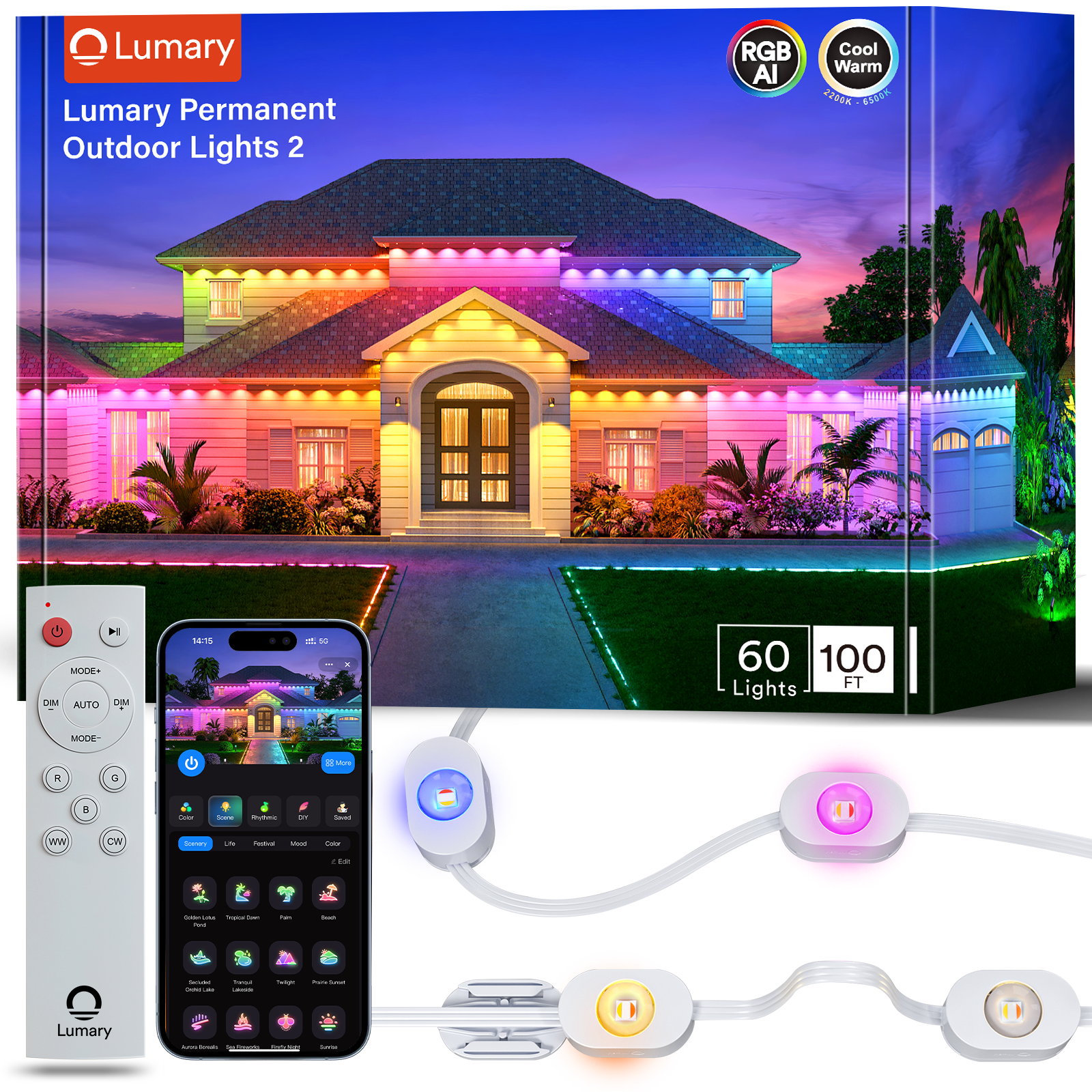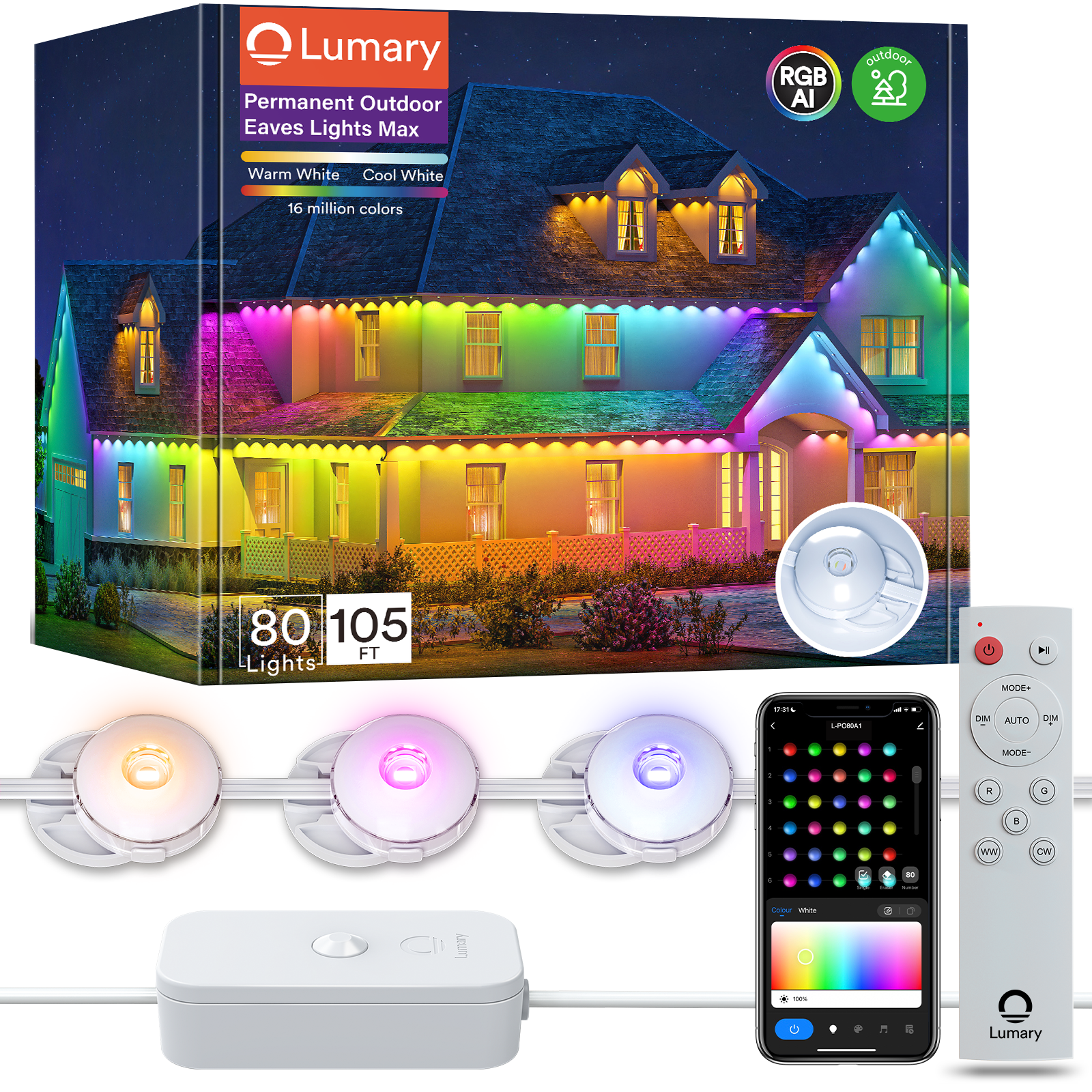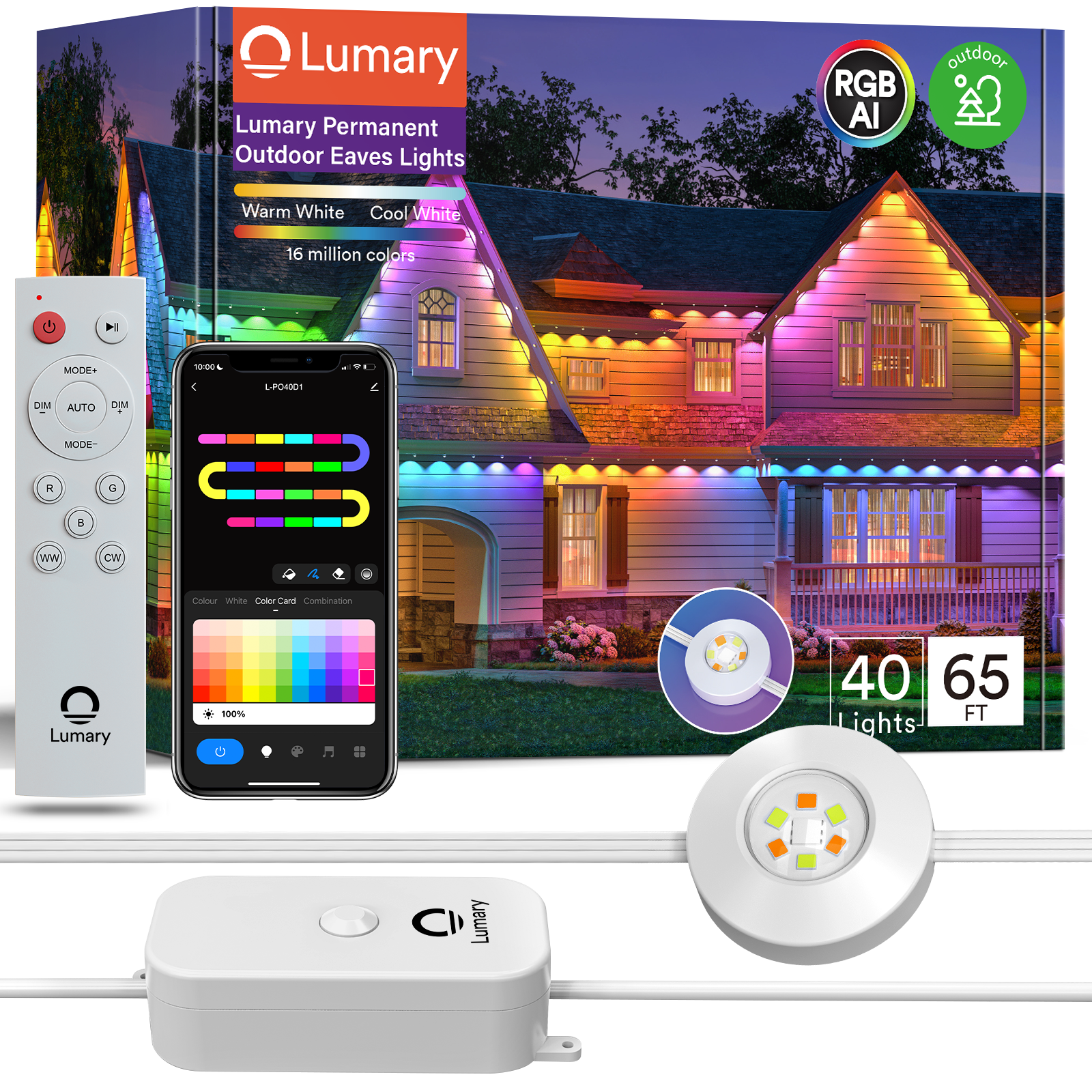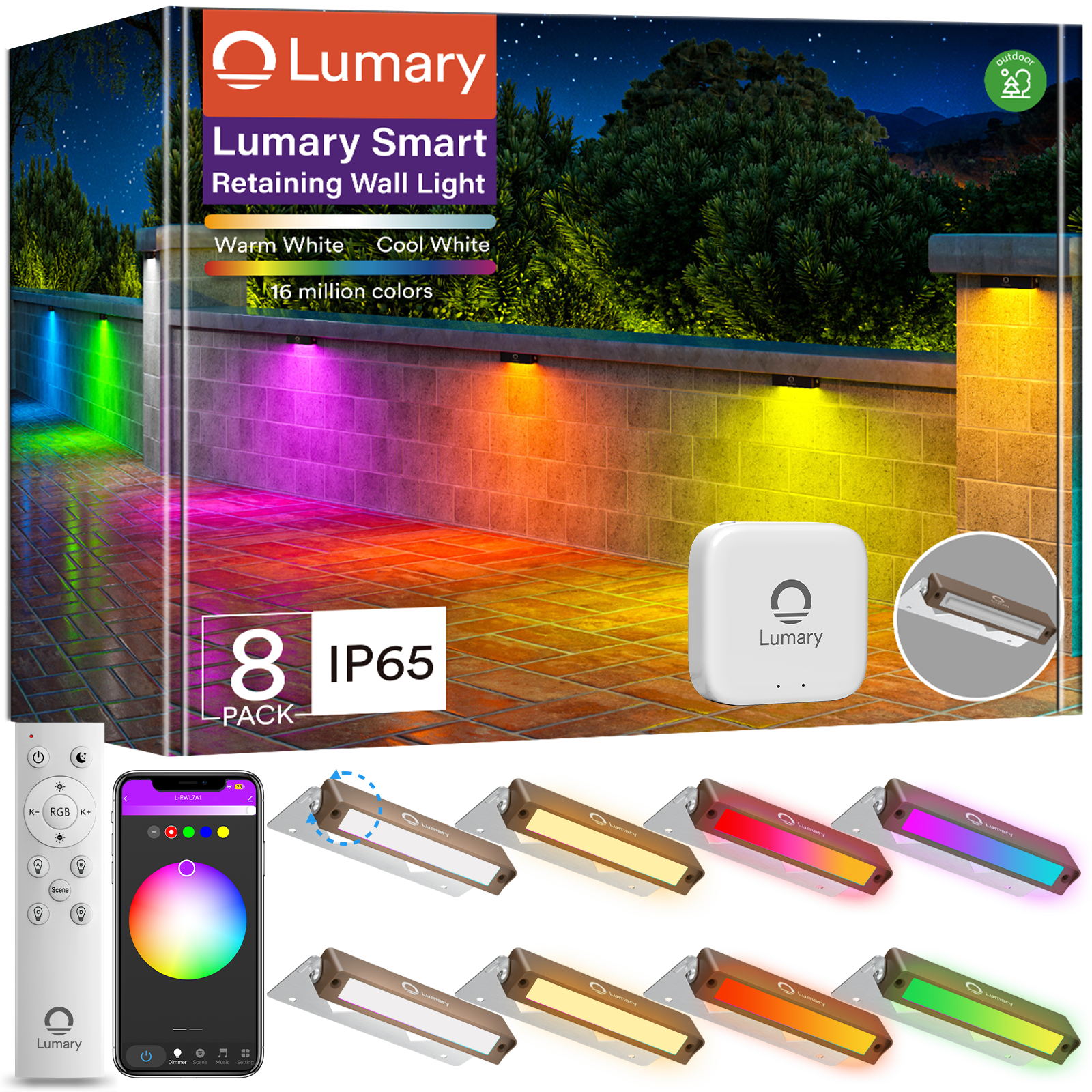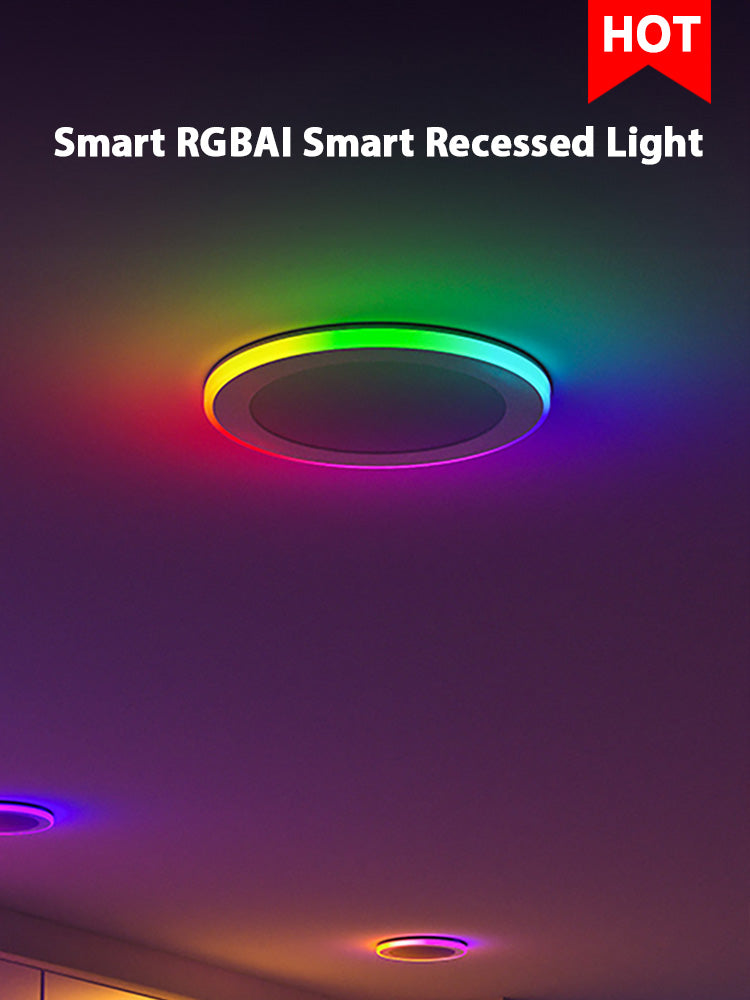Recessed lights add a sleek and modern touch to any room. These lights provide a clean look by sitting flush with the ceiling. Recessed lighting offers several benefits. You gain more space, better light distribution, and a stylish appearance. Installing recessed lights yourself can be a rewarding DIY project. You save money and enjoy the satisfaction of doing it on your own. Ready to brighten up your space? Let's dive into the world of recessed lighting.
Understanding Your Space

Assessing the Room
Ceiling Type
Start by checking out your ceiling. Is it flat, sloped, or maybe even vaulted? Each type affects how you install recessed lights. A flat ceiling makes installation straightforward. A sloped or vaulted ceiling might need special fixtures. Knowing your ceiling type helps you pick the right lights.
Lighting Needs
Think about what you want from your lighting. Do you need bright lights for a kitchen or soft lights for a bedroom? Different rooms have different needs. Consider how much light you want and where you need it most. This step ensures you get the perfect lighting for your space.
Planning the Layout
Spacing Considerations
Spacing plays a big role in lighting. Experts suggest placing lights about half the height of the ceiling apart. For example, an 8-foot ceiling would mean lights are 4 feet apart. This rule helps avoid shadows and creates even lighting. Proper spacing makes your room look its best.
Aesthetic Goals
Consider the look you want to achieve. Do you prefer a modern vibe or a cozy feel? Recessed lighting can highlight features like artwork or a fireplace. Decide which areas you want to draw attention to. Your aesthetic goals guide your lighting choices and enhance your room's style.
Gathering Tools and Materials
Essential Tools
Drill and Bits
A drill makes creating holes in the ceiling easy. Choose a drill that feels comfortable to hold. The right drill bits ensure clean cuts. Use bits designed for wood or drywall. This choice prevents damage to the ceiling.
Wire Cutters
Wire cutters help manage electrical wires. A sharp pair makes cutting wires simple. Choose wire cutters with comfortable grips. This tool ensures precise cuts without fraying.
Required Materials
Recessed Light Kits
Recessed light kits include everything needed for installation. These kits often contain the housing, trim, and bulb. Choose a kit that suits the ceiling type. The right kit simplifies the installation process.
Wiring and Connectors
Wiring connects the lights to the power source. Choose wiring that matches the existing electrical system. Connectors secure the wiring in place. Proper connectors prevent loose connections and ensure safety.
Cost and Comparison Considerations

Budgeting for the Project
Cost of Materials
Recessed lighting projects can vary in cost. The price depends on the type of light fixtures and materials you choose. Recessed light kits often include housing, trim, and bulbs. You can find these kits at different price points. Make sure to compare prices from various stores. This helps you find the best deals.
Potential Savings
Installing recessed lights yourself saves money. Hiring a professional can be expensive. DIY installation means you only pay for materials. You also gain the satisfaction of completing a project on your own. Over time, energy-efficient lighting can reduce electricity bills. This results in even more savings.
Comparing Lighting Options
LED vs. Incandescent
Choosing between LED and incandescent lights affects your lighting experience. LED lights have a longer lifespan compared to incandescent lights. LEDs last for thousands of hours. Incandescent bulbs burn out quickly. LEDs waste less energy by producing less heat. This makes them a safer and cooler option.
Energy Efficiency
Energy efficiency plays a big role in lighting choices. LEDs emit light directionally. This means they focus light where needed. Incandescent lights emit light in all directions. This wastes energy. LEDs use less electricity. This reduces energy costs over time. An energy-efficient choice benefits both your wallet and the environment.
Step-by-Step Installation Guide
Preparing the Ceiling
Marking the Layout
Start by figuring out where you want to place the recessed lights. Use a pencil to mark the spots on the ceiling. Make sure the marks are evenly spaced. This helps in achieving uniform lighting. A template can be handy for this task. Templates ensure that each light has the same size opening.
Cutting the Openings
Grab a drywall saw or a hole saw for cutting. Carefully cut along the marked lines. Wear safety goggles to protect your eyes. Dust and debris can fall during this process. Keep the cuts neat and precise. This makes the installation of recessed lights easier.
Installing the Fixtures
Securing the Housing
Take the housing of the recessed lights and fit it into the openings. Make sure the housing is snug and secure. Use clips or screws to hold it in place. The housing should not wobble or move. A stable housing ensures the lights stay put.
Connecting the Wiring
Turn off the power before handling any wires. Safety first! Connect the wires from the recessed lights to the existing electrical system. Use wire nuts to secure the connections. Double-check that all wires are properly connected. A solid connection prevents electrical issues.
Finalizing the Installation
Attaching the Trim
Once the wiring is done, attach the trim to the recessed lights. The trim gives a finished look to the installation. Snap or screw the trim into place. Ensure the trim sits flush with the ceiling. A well-fitted trim enhances the room's appearance.
Testing the Lights
Turn the power back on and test the recessed lights. Flip the switch to see if everything works. Check each light to ensure proper function. If a light doesn't work, recheck the wiring. Troubleshoot any issues until all lights shine bright.
Final Wiring and Connections
Ensuring Safety
Checking Connections
Always double-check those connections. Loose wires can cause problems. Make sure each wire is snug and secure. A quick tug on each connection helps confirm stability. Safety matters, so take your time with this step.
Using a Voltage Tester
A voltage tester is your best friend here. Use it to verify that power is off before touching wires. Place the tester near the connections. Look for a reading of zero volts. This ensures no electricity flows through the wires.
Completing the Setup
Powering On
Now comes the exciting part. Turn the power back on at the breaker. Head over to the light switch. Flip it on and watch the magic happen. Each light should illuminate beautifully.
Troubleshooting Common Issues
Sometimes things don't go as planned. If a light doesn't work, check the wiring again. Ensure all connections are tight. Look for any tripped breakers. Fixing these common issues usually solves the problem. Enjoy the glow of your new recessed lighting!
You have now completed the installation of recessed lights. Enjoy the new ambiance and the modern touch these lights bring to your space. Feel free to share your experiences with others who might be interested in a similar project. If you have any questions or run into issues, reach out for advice or assistance. Your journey with recessed lighting can inspire others to take on their own DIY projects.


